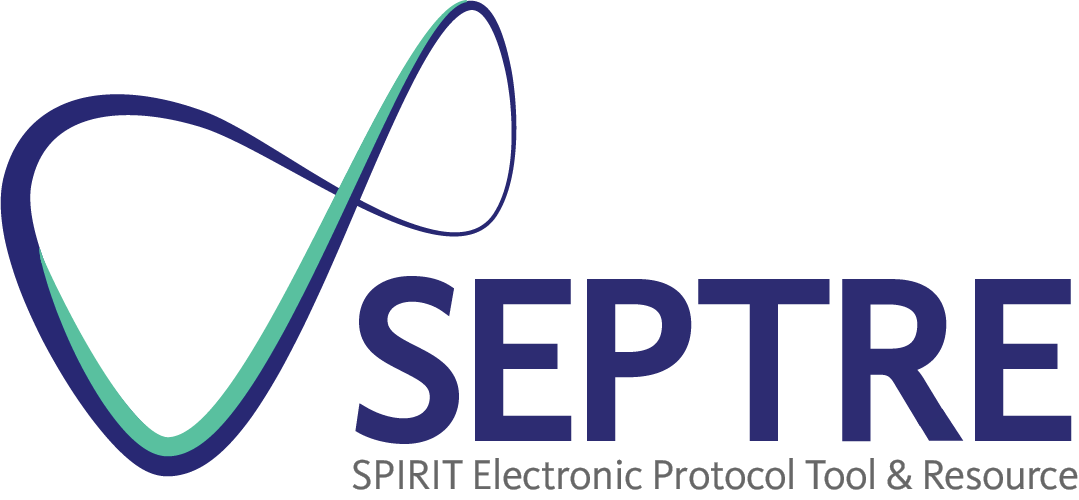Item 28: Financial and other competing interests for principal investigators for the overall trial and each study site.
Example
- Was the Principal Investigator of the second International Stroke Trial (IST-2) to evaluate a neuroprotective compound (619c89) . . .
- Has received lecture fees and travel expenses from Bayer and from Boehringer Ingelheim for lectures given at international conferences.
- He serves on the Independent Data Monitoring and Safety Board of the RELY trial, funded by Boehringer Ingelheim and receives attendance fees and travel expenses for attending board meetings.
- He does not have any paid consultancies with pharmaceutical companies, and is not a member of the Speaker’s Panel of any company.
- Received an honorarium for a lecture from Boehringer Ingelheim and had costs for participating in scientific meetings reimbursed . . .”124
Explanation
Competing interests, or conflicts of interest, exist when there is potential for divergence between an individual’s or institution’s private interests and their responsibilities to scientific and publishing activities.360 More positive outcomes, larger treatment effect sizes, and more favourable interpretation of results have been found in clinical trials with pharmaceutical industry sponsorship (Item 4)27;36-38;42 and investigators who have declared competing interests,57;60 compared to those without such interests. Although competing interests are most often associated with drug and device industries, they may exist with support from or affiliation with government agencies, charities, not for profit organisations, and professional and civic organisations.
Competing interests do not in themselves imply wrongdoing. Their disclosure and regular updating enables appropriate management plans to be developed and implemented, and facilitates transparent assessment of the potential for bias.
Many trials and non-industry sponsors have a conflict of interest policy for their investigators, and checklists are available to guide potential interests that should be disclosed and regularly updated by trial investigators.361;362 Types of financial ties include salary support or grants; ownership of stock or options; honoraria (e.g., for advice, authorship, or public speaking); paid consultancy or service on advisory boards and medical education companies; and receipt of patents or patents pending. Non-financial competing interests include academic commitments; personal or professional relationships; and political, religious, or other affiliations with special interests or advocacy positions.
| 27: Confidentiality | 29: Access to data |

